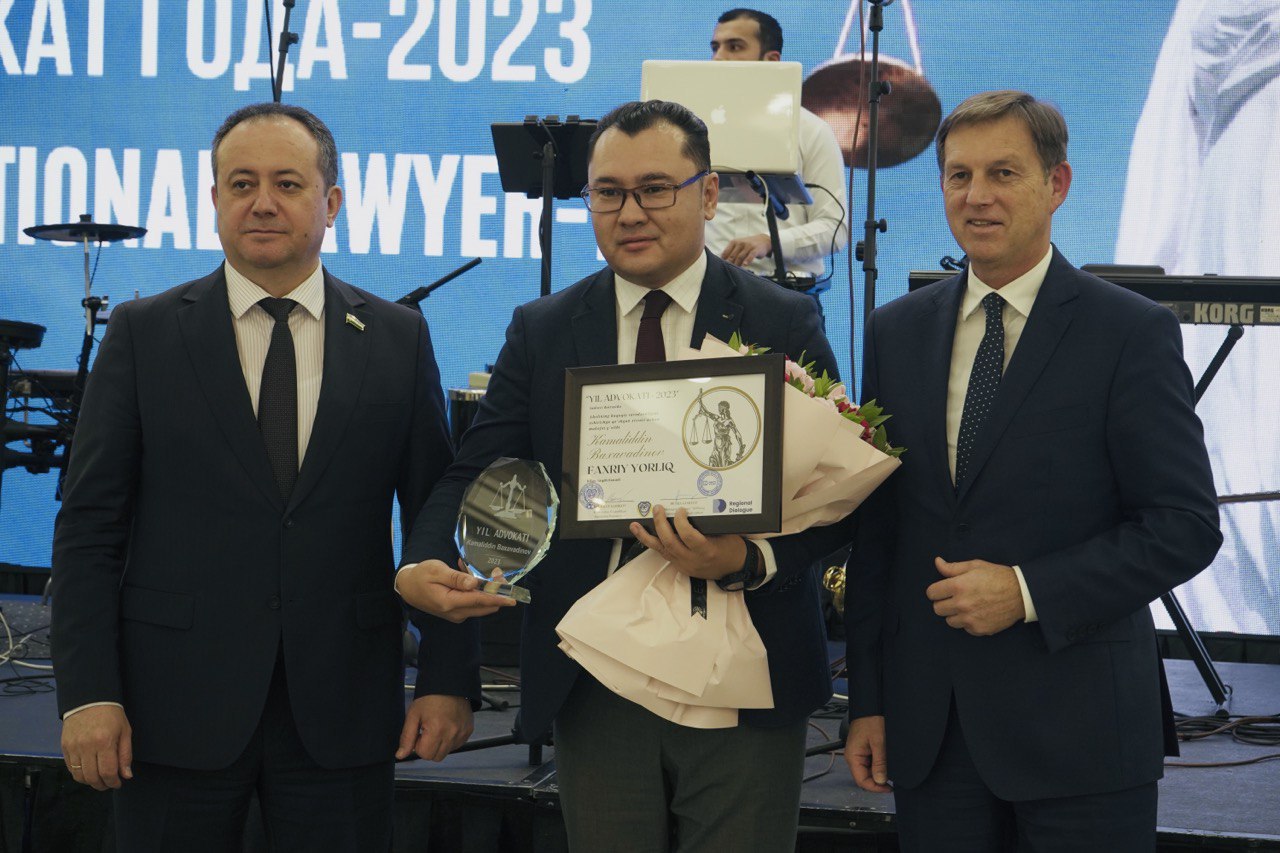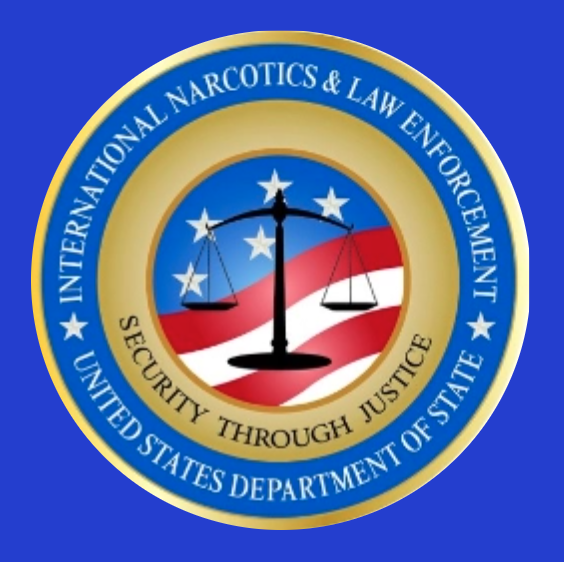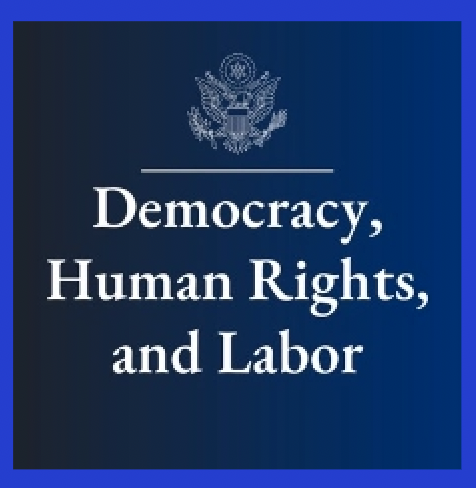Kamaliddin has been practicing law since 2020. Beside being a defense lawyer, he runs his personal blog on social networks (YouTube, Facebook, Telegram, Instagram, Linkedin) under the profile titled “Abdumalikovich” where he discusses, draws conclusions and gives advice on legal issues of citizens. Thanks to his explanations, ordinary citizens raise their legal literacy and get answers to their questions.

You became the winner of the Exceptional Lawyer competition and received the Award for Contribution to Public Legal Literacy. Why do you think you were chosen as the winner?
Everyone at the awards ceremony deserved some level of recognition. As to the question, I would personally tie what was deemed worthy of the Lawyer of the Year award to the public trial called "tinting-not a crime" that I started covering in the summer of 2022 on social media. It was on this topic that I believe dozens of TV appearances, interviews, and media clarifications on no-restrictions eventually paid off and meant "tinting" was partially abolished in the country. In addition, for several years now I have been running Abdumalikovich's special social media blog on road safety rules and the basics of safe driving. Today I have my own audience of about 300 thousand subscribers. Not surprisingly, it was a result of these efforts that I was recognized.
Why did you decide to become a lawyer? Why do you do your job, what motivates you?
For me personally, a lawyer is not only a defender, but also an active participant in public life, one of the leaders in promoting legal knowledge and legal culture. Even before I started working as a lawyer, I used to speak on various Internet platforms with reports on various social problems. But Legal License took my activism to a whole new level. In response to the issue, I naturally started talking about its legal basis. I won't lie when I say that becoming a lawyer was one of my dreams as a student. I read a lot about the brilliant and eloquent lawyers of my time, such as Fyodor Plevako and Mark Geragos. It would not be an exaggeration to say that I had a soft spot for logic and oratory.
What are you most proud of? What do you consider to be the most important thing you do as part of your law practice?
I am definitely proud of my work and the results. Every case and every trial is a great challenge and a great test for me. My legal career has not been lengthy, but in this short time we have been successful in many high profile cases. In particular, our court case called Antiblik Ishi lasted about 8 months, but in the end, due to the fact that the guilt of the person under my defense was not properly proven, we managed to cancel the court decisions. Contrary to the existing legal norms. Also, the rights and interests of the truck driver were properly defended in a blind spot case, which caused heated discussions. Every successful case motivates me to work even harder.
How do you assess the development and state of the legal profession over the past few years?
At first I was a little sad to see or hear that the attitude towards the bar and lawyers is sometimes such that it blurs the human language. The attitude towards the lawyer, their status in the legal process was not so desirable. It was very difficult to digest the fact that lawyers were treated as mere intermediaries. I cannot say that all lawyers are equally professional and honest, but this shortcoming served to form a negative opinion of many lawyers. But today things have changed. The lawyer and his status have been strengthened at the level of the country's constitution. The status of a lawyer is equal to that of a judge and a prosecutor. And the changes in their place tell us a lot.
What is the most difficult part of your job?
Without a doubt, one of the most challenging parts of my job is trial preparation. You cannot go to court with frivolous facts or unsubstantiated grounds. Going to court without proper preparation is a defeat for me personally. One of the things I struggle with in my career is lack of quality and lawlessness. It hurts when you can't defend a client even though your defense position is correct. Believe me, this is not about the level of a lawyer. Misunderstanding or misinterpretation of the law by those who are supposed to administer justice makes defense virtually impossible, and I strongly disagree with that.
How do you think your work impacts society?
Personally, I have no doubt that the legal profession will become one of the most prestigious professions in the coming years. As I said before, a lawyer is not only a defender, but also an active participant in public life, one of the leaders in promoting legal knowledge and legal culture. It is lawyers who play an important role in improving legal knowledge and legal culture of the population.
What advice could you give to our readers – law students interested in becoming a lawyer?
I have only one piece of advice for future lawyers. I recommend that they set specific goals and strategies for themselves and work on themselves on a regular basis. As bitter as it may be, believe me, no miracles will happen. You will not become a powerful lawyer or an experienced one overnight. It all depends on you, your actions, and your goals. Tireless work and systematic work on yourself to achieve high goals will eventually lead to the expected victories.




